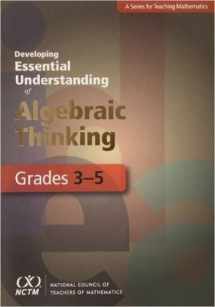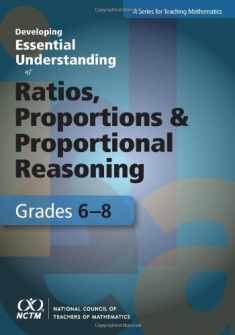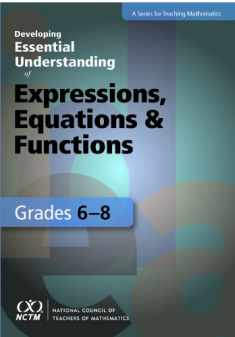
Developing Essential Understanding of Algebraic Thinking for Teaching Mathematics in Grades 3–5
Book details
Summary
Description
Like algebra at any level, early algebra is a way to explore, analyze, represent, and generalize mathematical ideas and relationships. This book shows that children can and do engage in generalizing about numbers and operations as their mathematical experiences expand. The authors identify and examine five big ideas and associated essential understandings for developing algebraic thinking in grades 3 5. The big ideas relate to the fundamental properties of number and operations, the use of the equals sign to represent equivalence, variables as efficient tools for representing mathematical ideas, quantitative reasoning as a way to understand mathematical relationships, and functional thinking to generalize relationships between covarying quantities. The book examines challenges in teaching, learning, and assessment and is interspersed with questions for teachers reflection.


We would LOVE it if you could help us and other readers by reviewing the book
Book review





